
Saga's Automated Assistant
What product would you like to discuss today?
Saga's Automated Assistant
Do you currently have a policy with us?
How does your policy number appear on your documents?
With all the talk about greenhouse gases, global warming and what we as individuals can do to help make a difference to climate change, it’s worth exploring how electric cars can be good for the environment. The environmental impact of electric cars is a key factor in some people’s decision to switch from petrol or diesel, but how well do they compare?
Electric cars are greener than traditional combustion engines, but they do still have an environmental impact. This depends on how they are manufactured, maintained and charged and also varies according to the energy production of the country they’re driving in.
While electric cars don’t emit exhaust fumes, they are an indirect cause of pollution through their production and through the creation of the electricity needed to fuel them, where the electricity comes from non-renewable sources. But as more electricity is generated from renewable resources, the disadvantages of electric cars will reduce.
The bulk of emissions produced by electric cars comes from the manufacturing process. Carbon emissions in electric car production can be up to 60% more than conventional vehicles. But once the car is off the production line and running, it has fewer ongoing CO2 emissions. In comparison, petrol and diesel cars continue to create emissions as long as they run.
Electric cars don’t have an exhaust and so have zero tailpipe emissions but do create some air pollution from tyre and brake particles, as do all road vehicles.
Overall, the advantage of electric cars is that once built, they have noticeably lower CO2 emissions than petrol and diesel cars.
Like traditional car batteries, there are environmental disadvantages to producing electric car batteries. Making an electric car battery takes between six and eight tonnes of CO2 and requires a lot of valuable metals that need to be mined for use.
Mining metals such as lithium and cobalt is a water-intensive process in areas where water might be scarce. Mining metals for car batteries has been linked to soil and water pollution, and there have been questions about poor labour conditions for workers in the extraction of these metals.
The lithium-ion batteries used in electric cars can be an environmental hazard when they are disposed of without care, but they are still less toxic than traditional car batteries.
Initially the question of recycling wasn’t being addressed, until the EU Battery Directive (2006) stated that 50% of battery materials must be recyclable. Now over 90% of electric car batteries cells can be recycled however without government policy to mandate this, there is a risk that battery components will be discarded if reusing them isn’t financially beneficial for the recycling company.
With a typical battery lasting up to ten years, there has yet to be a surge in the number of batteries that need recycling and as the number of used batteries grows, new solutions are being developed.
Car batteries are finding a second life as stationary flexible power units for industry or for domestic use. This reuse helps lower the environmental impact of electric cars.
Simply switching to electric cars isn’t going to fix all the issues with global warming. A cultural shift will be needed where people are encouraged to walk or cycle instead of taking any sort of car, or to use public transport. A focus on working from home to reduce commuting, buying local produce where possible to cut food miles, and encouraging more climate-friendly housing will all be needed to drive down pollution.
But a step away from petrol and diesel cars is good, and this is an individual action you can take to make a small difference. Choosing an electric car can reduce your carbon footprint, so you can feel good and save money as you drive into an electric motoring future.
Saga Car Insurance is arranged and administered by Ageas Retail Limited and underwritten by Ageas Insurance Limited.
If you're looking for an electric vehicle policy, we offer car insurance for a variety of electric cars for people over 50.
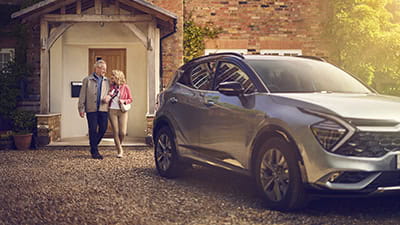

Choose our highest car cover level Saga Plus and freeze the price of your car insurance for 2 years if nothing changes. T&Cs apply.
There's plenty to explore and learn about our car insurance cover.

We make choosing the right electric car charger for your home and new car simple.
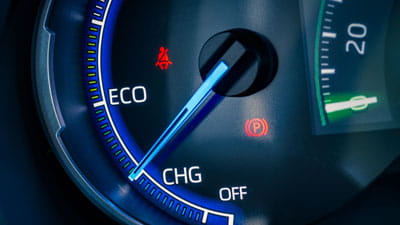
Stay topped up and ready for driving action with our quick guide to charging time and options.
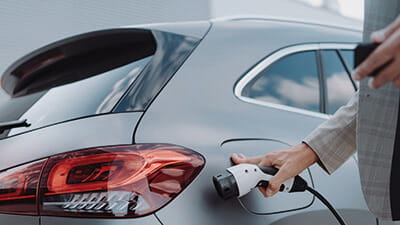
If you’re thinking of driving towards a greener future, here’s what you need to know about electric car insurance.

The UK has some of the best road trip destinations in the world. But which road trips are best suited to electric cars and the specific model you have? We’ve analysed things like distance and availability of charging points along the best roads the UK has to offer.

Get to know the ins and outs of our car insurance and how you can make the most of your cover
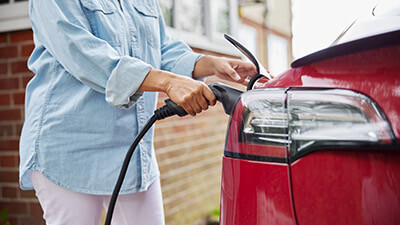
Leasing an electric car can be a flexible and affordable way to test out this new technology.
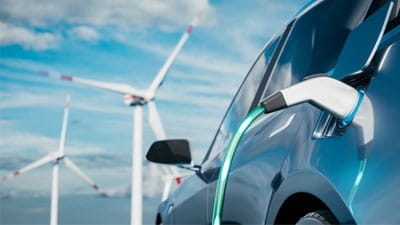
There’s lots of options to keep your electric car fully charged and ready to go so you can enjoy driving without worries.
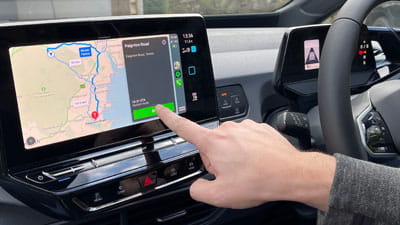
How do you know if your electric car charge is enough for your journey? We help you work it out.
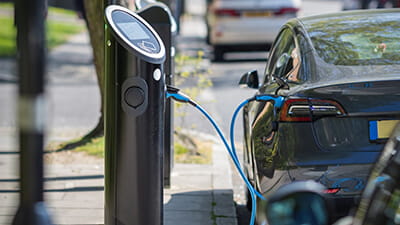
Discover the tax benefits that come with buying and driving electric cars.
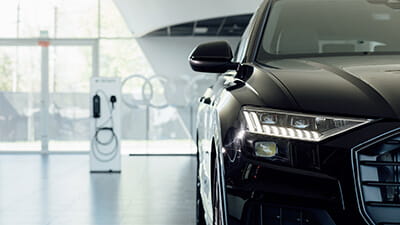
How much does an electric car really cost? Is it a cost-effective option to buy and run? Read on to find out more.